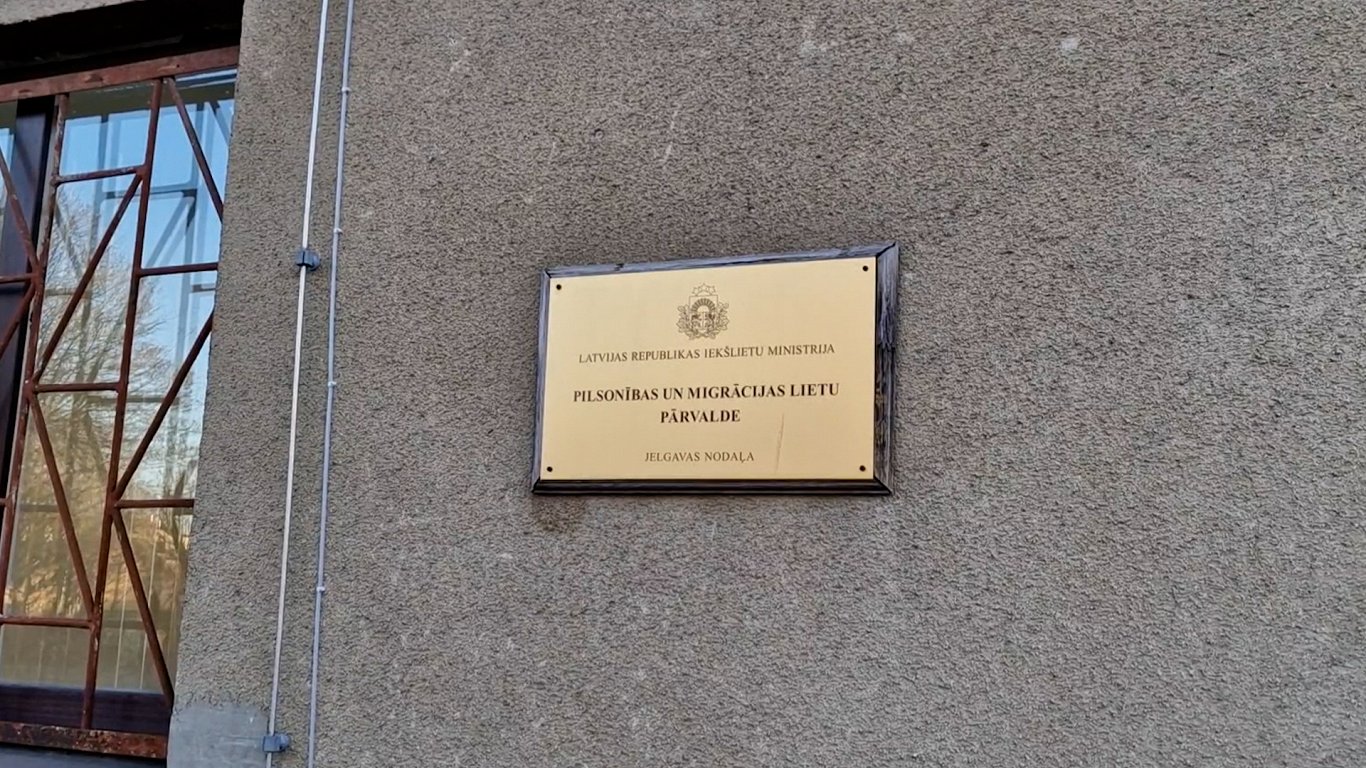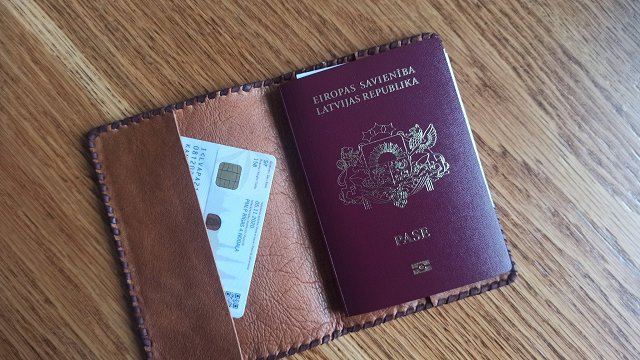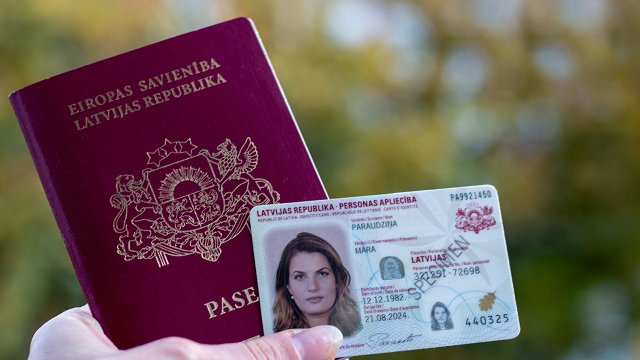Social media entries often state that people come to PMLP several hours before it opens. Departments in large cities are crowded. The main change is that most visitors are currently served on a first-come, first-serve order. Previous bookings online are also possible.
PMLP's head of public relations, Madara Puķe, said: “We're opening the previous bookings on Wednesdays. At the moment, the closest booking times are, it seems, in June. It should only be remembered that the previous booking periods have been deliberately reduced because we are primarily accepting the 'live' queues. Given the very large number of customers to be served this year, we have chosen the line as the primary type of service. At the same time, if the department is visited by seniors or parents with children, they shall be served as quickly as possible."
A persistent problem is PMLP's short-staffing. For example, five vacancies have been announced for the post of customer service professional with a monthly salary of between €908 and €1115 before tax, according to information on the PMLP website.
“We have regularly announced vacancies. We're lacking employees. This is mainly due to the fact that this work requires very high emotional and physical resources. There are often cases where an employee comes, works for two days or two weeks, and writes his resignation. This problem unfortunately affects us,” Puķe said.
PMLP capacity problems are also addressed by the Ministry of Interior. Raising pay is a longer-term task, said Igors Rajevs, parliamentary secretary of the Ministry of Interior (United List). At present, it is attempted to facilitate the work of the offices by additional equipment procurement, for example, mobile devices have been introduced to design personal identification documents.
However, this is not the only task of the PMLP, said Rajevs: "The problem is that eID cards should be continued [to be issued] at the same time, but we have a large enough influx of Ukrainians and another challenge with foreigners, including Russian pensioners living in Latvia. Their status will need to be reviewed and either the permanent residence permit or the temporary residence permit will need to be changed."
At the beginning of the year, further strain on the capacity was caused by the plan to make the eID card mandatory as from May 1.
Since Saeima's decision that residents with a valid passport do not necessarily have to receive an ID card, the customer flow has balanced out somewhat.




























